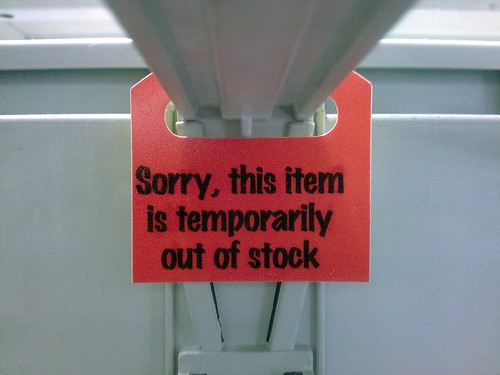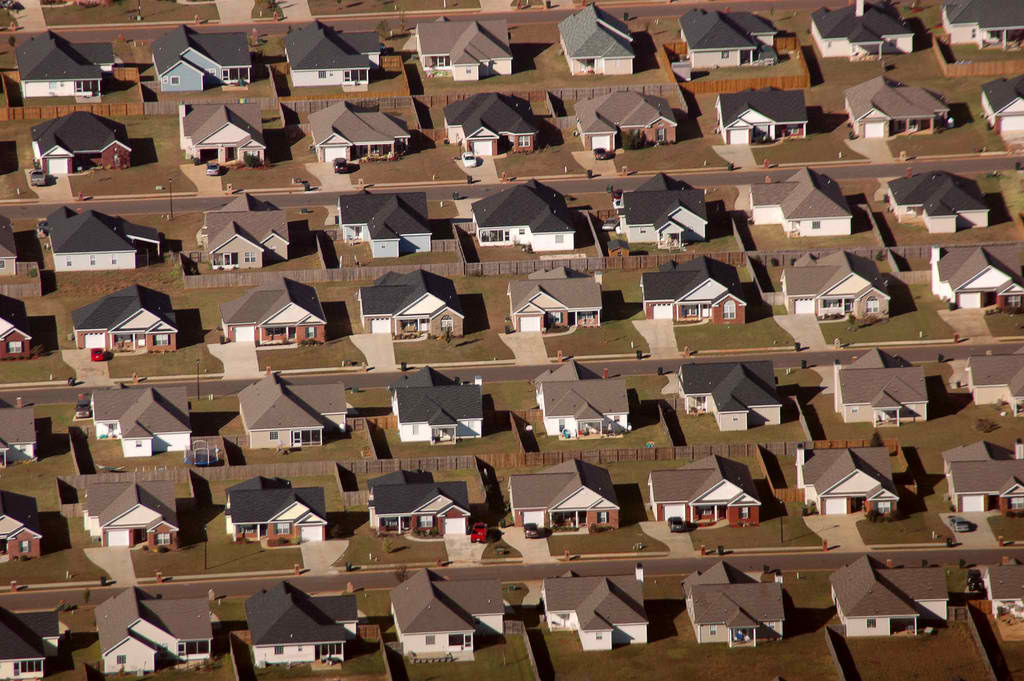(This is part 3 of this story. Go here for part 1, and here for part 2)
The seed took root in the compost, and then the leaves stretched out. Someone found it and transplanted it to the garden, and the years passed. The first winter was hard on the tiny tree but it weathered it, and over the years slowly grew tall and fair. One spring, the tree flowered for the first time, delicate white blossoms against the light green leaves.
Something foreign entered. A few days later, something woke up. I guess it was me, but I had no memory of anything; it was more like being born. I went through the same motions as before, the questions, the endless nagging questions that demanded a search for answers. Again I found the truth, again I ripened, again I was torn away, again I died, forgetting everything… and again I sprouted. Things began to speed up, like a fast forward blur, generations of trees, from flower to apple to seedling to tree and back again repeated, the search for truth undertaken again and again, different each time, but always the same, over and over. At some point I learned of other apples, each with their own seeds, and I found cuttings and grafts from other, unknown trees. Together with these I traveled often, studying the tree and its growth history, learning how it worked. From one another we learned many things. Together we questioned the Mysteries.
One summer I, or some version of me, found myself lost in the maze of wood grain in an old knothole where a limb had been removed and a scar had formed. I had realized, for the thirty-third time, that the tree exists to make me, but as far as I knew it was the first time. Though happy as ever, something nagged at me; I wasn’t quite satisfied with the discovery this time, and was out exploring the particulars of my tree to pass the time. Then, as I was just working my way out of the knothole, I was stopped dead in my tracks by a realization. I don’t know where the thought came from, or what might have caused it to come to mind just then. Like the rain when it starts falling, there didn’t seem to be a certain cause; it just happened, thanks to some mysterious combination in the clouds. And often when you least expect it.
All this time exploring, noticing the vague familiarity of the tree, as if I’d been there, in this or that very spot before… the answer why finally opened itself up to me. I had been wrong before; I’d had everything backwards. The apple is not the sole purpose of the tree, but just the opposite— the tree is the purpose of the apple! In some way the apple is the servant of the tree, perhaps containing the concentrated essences of it, but forever secondary to it. Apples, like the limb that had once grown from this spot, fell away, but the tree remained.
I considered further: no, that wasn’t quite it, not yet. As I sat there dumbstruck by the ideas coming into my mind, I looked around at the wood around me, dead but healed, and felt the subtle pulse of the sap close by running through the living tree that wrapped around the lifeless center. I knew high above leaves were making sugar, and far below roots were probing deeper, searching for water and nutrients. I began to know things that I should by rights have had no way of knowing.
This is where I’d come from. What a fool I’d been, to think the tree was there simply to produce me. How small to think I was there only to serve the tree. I was the tree; I was an outgrowth of it. The Source I’d searched so long for was everywhere around me, was me.
No longer was I enraptured by the selfish glory of being the sole purpose of the tree, a glory somewhat, but not completely, subdued by the fact that there were many other apples on the tree. I realized that I was one with the tree, and that the apple is no more the purpose of it than the root hairs twenty feet underground were. But at the same time I could see I wasn’t just an afterthought, nor was I some sort of article of clothing, to be dropped whenever the tree was done with me. The tree was its own purpose, and I was a part of that. I began to sense that the tree had once been much smaller, and that as it had grown, I had grown with it; I had been there all along, reaching along it’s branches, stretching up with the trunk, digging with the roots, and moving between each and every cell with the flow of sap every spring and every fall. This is where the sense of familiarity came from; I felt as if I’d been there before because I had been there, long ago, and because I was always there, as an integrated part of the greater organism.
When I fall in my apple, this tree will still be here, will go on making more apples in other seasons. But, eventually I will sprout, and grow, and make apples of my own.
Suddenly, with that thought, the confines of time and my understanding of it fell away, and in a way that was more like remembering than learning, I saw the generations that had preceded me. I saw myself being born again and again, without ever really dying, only changing from seed to tree to seed. The other trees were a part of me and I of them; through time in ancestry, through space in flowers, pollen, bees and grafts. By seeding do we stretch apart like branches on a single tree, by pollen and graft we come together, like sap from disparate leaves meeting in the trunk in Autumn.
The Source is everywhere and nowhere, never and always. I sat for a long time doing nothing, simply knowing these things. After a time, I realized that I had to forsake my apple this year, and stay in the tree teaching the others this truth. I wasn’t sure if I’d be able to claim another apple or if I’d be trapped forever in the tree and die at last, but the feeling was certain; others had to know. Immediately I began making my way back to the outer branches.
* * *
“Well, that’s when I woke up.” There was silence in the room for a long moment. “What do you think it all means, doc?” Cory asked, fidgeting with the bottom edge of his shirt as he lay on the couch facing the bookshelf. His throat was dry from his long monologue, and the air in the room felt somehow tense, full of the doctor’s thought.
“I’ll be honest, it worries me,” he answered, after a time. “There are threads of megalomania, a hint of a Jesus complex, and a strange fascination with death. But most bothersome is the deep mistrust this hallucination speaks of; where your apple falls and is eaten over and over. I wonder if your mother dropped you as an infant…” he mused, trailing off into a thoughtful silence.
“Well, no matter; there is certainly a deeper problem there, one we’ll have to discuss further, over many sessions. In the meantime,” he said, reaching over to the table beside his chair, “I’m going to write you a prescription for some Toxiloft. And perhaps for Poisonax too. These will help you feel a lot better, and you’ll sleep better at night; deep and sound, and no more hallucinations.”
“Are you sure that’s all it means?”
“Of course, young man, of course. I didn’t go to school for seven years and not learn a thing or two about dreams. They are a specialty of mine, you know.” The doctor glanced at his watch. “Well, our time is over for today, I’ll see you next week. Make sure your mother sends the session fee, that’s a good boy. And get those prescriptions filled as soon as possible.”
“Yes sir, thank you,” Cory said politely as he left.









